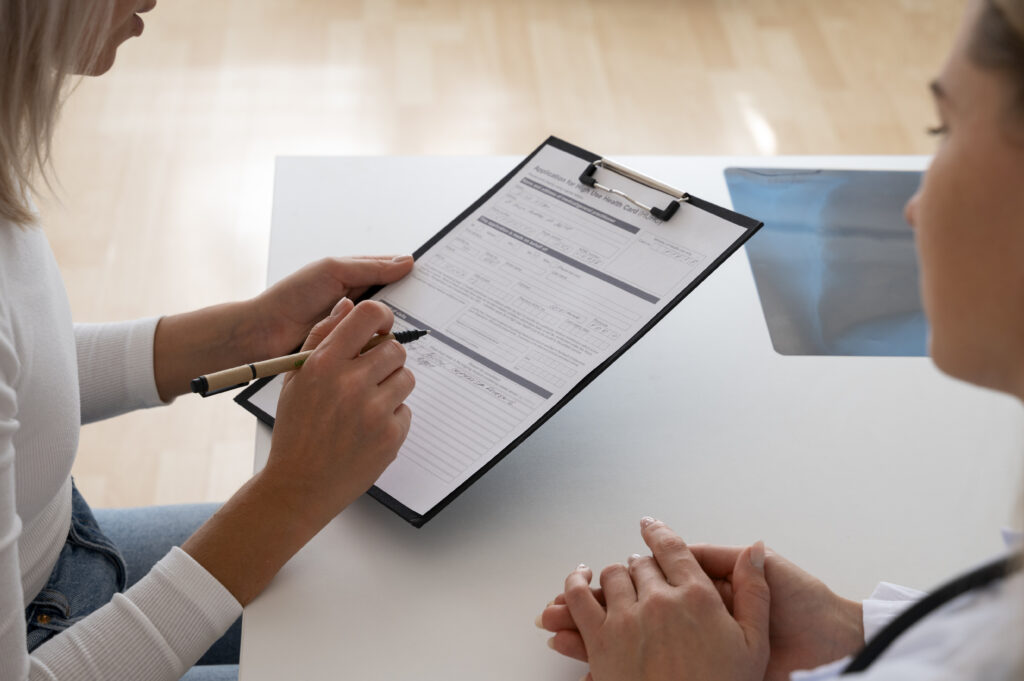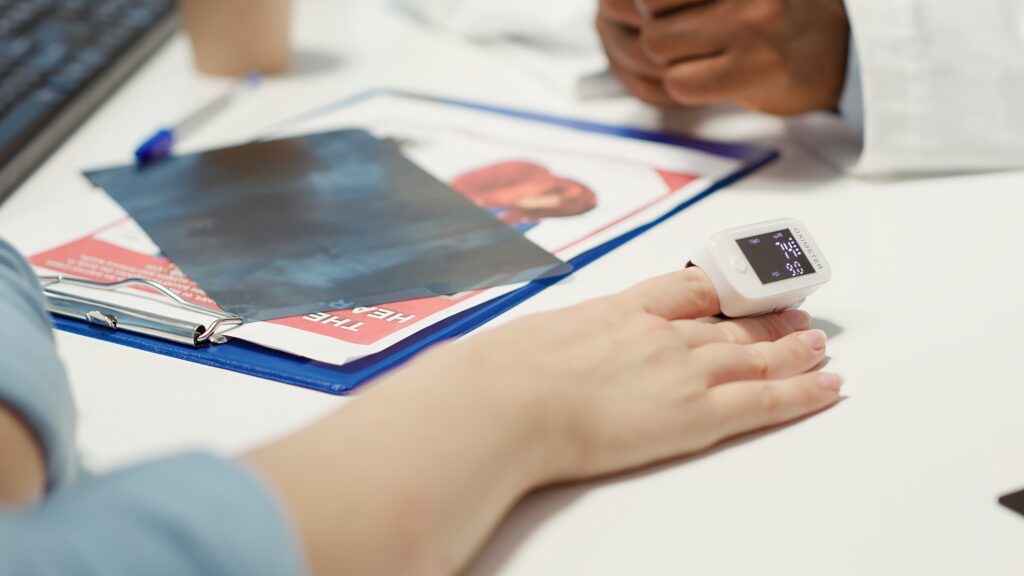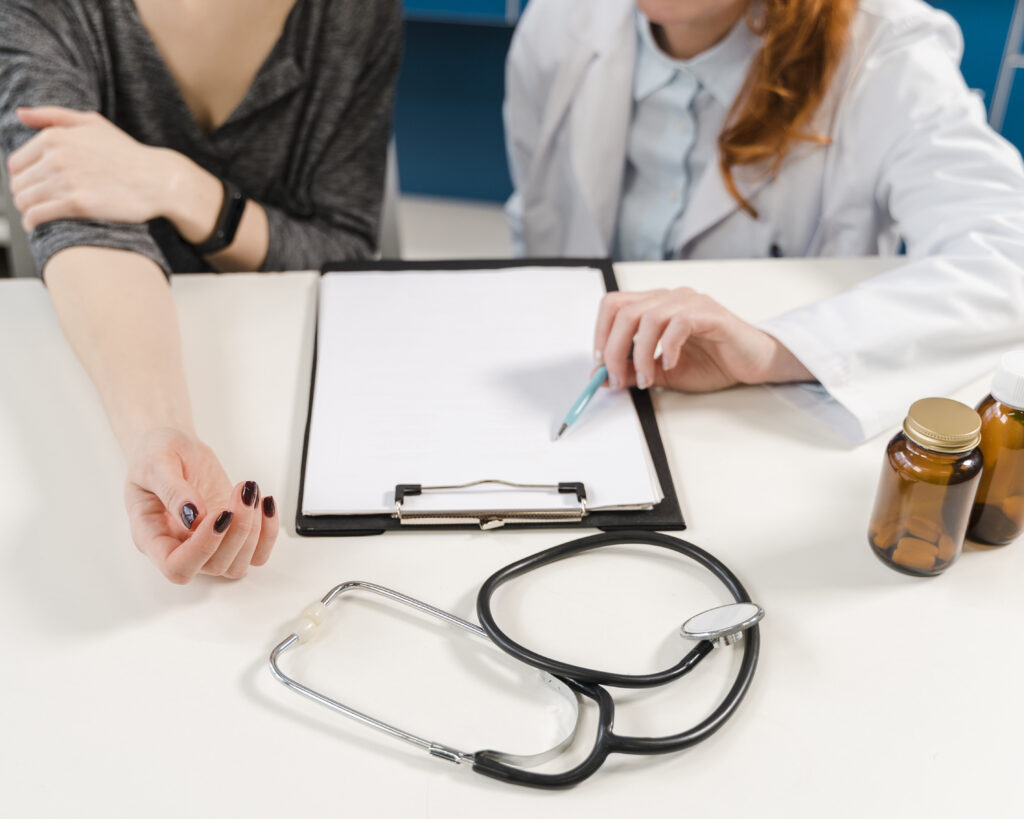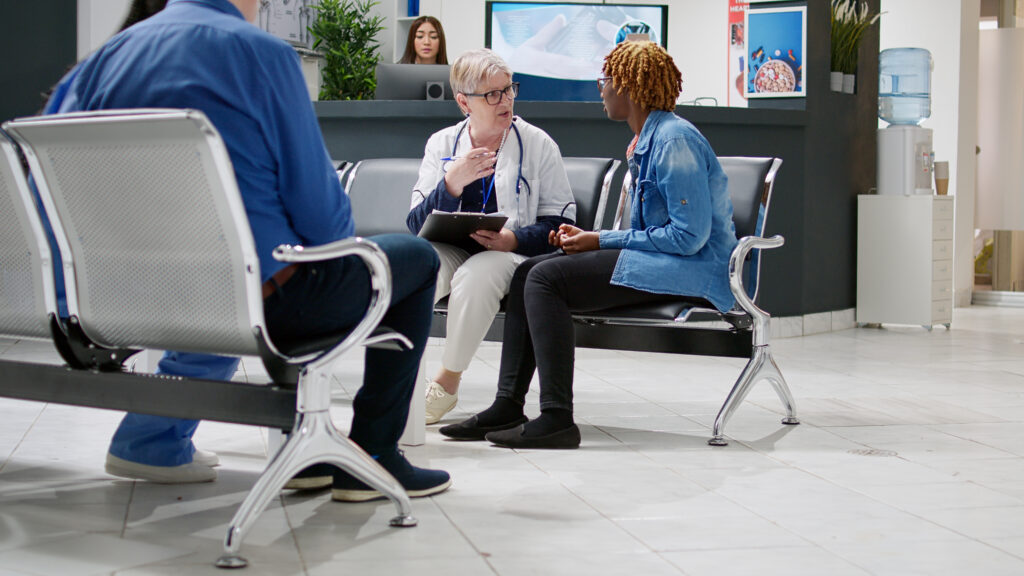Will the GP tell my parents about our appointment?

When you’re young, your parents or carers are usually involved in your healthcare. But as you get older, you can gradually take on this responsibility until you are confident managing it independently as an adult. Young people have the same right to confidentiality as everyone else and should not be treated any differently.
What if I am over 18?
Legally, you’re an adult. Your parents or guardians do not need to give permission for you to receive medical treatment, and they are not allowed to discuss your health or medical records with your GP unless you give permission.
What if I’m 16 or 17?
The situation is very similar to being 18. The doctor must be satisfied that you have the “capacity” to make decisions about your treatment. This means you need to understand the treatment and what effect it may have on you.
What if I’m under 16?
The law says you can make your own decisions about medical treatment, including access to sexual health, contraception and abortion services.
This will usually apply if:
- You have the capacity to understand the treatment and its possible effects.
- Your health might suffer without the treatment, and it is in your best interest to receive it.
Your GP will talk to you about the issue and the treatment, then make an assessment based on this discussion to determine whether you can make the decision yourself.
They might ask why you don’t want your parents or guardians to know or suggest speaking with them about it. But remember, they cannot force or persuade you to tell anyone about the treatment you are receiving.
Will the doctor tell my parents or show them my medical records?
No. Healthcare professionals are bound by strict confidentiality rules. Legally, they must keep all patient information private. Even if you are under 16, nothing can be shared with your parents, carers, teachers or anyone else without your permission.
Your doctor may share relevant information with other healthcare professionals to provide the best possible care, but everyone involved is also bound by the same confidentiality rules, from reception staff to doctors.
In certain situations, for example if a healthcare worker believes you are at serious risk of harm, they may need to share information with others. If this happens, they will explain what is happening and why. This applies to people of all ages.
How do I get a doctor?
If you are over 16, you can register with a GP yourself. You can find a list of local GPs on the NHS website. If the practice is accepting new patients, you’ll be asked to complete a registration form. Some surgeries may also ask for proof of identity, such as a passport.
If you’re under 16, your parents or carers usually register you, but it doesn’t have to be with the same GP they use. If you’d prefer not to involve your parents, you can still register on your own, but you might be asked some questions to ensure you are safe.
Can I make an appointment without speaking to someone?
If you struggle with anxiety or feel nervous, try mentioning this when booking the appointment to see if there’s any way they can support you. You could also bring a trusted friend or family member with you for comfort.
It can take time to feel ready to see someone, but it’s really important. Reaching out is the first step to feeling better.
The DocReady website has great tips on preparing for a GP appointment to discuss your mental health, which might help you feel more confident.
Can I see a doctor or nurse on my own?
Yes, you can book an appointment and see a doctor or nurse alone at any age. If you bring someone with you, you can ask them to wait outside or come in with you if you’d like their support.
What happens if I want to see a different doctor?
Most doctors are kind, professional and care about their patients. However, it’s okay if you don’t feel comfortable with your GP. You can ask to see someone else. It might not be possible straight away, so it’s a good idea to ask as early as you can.
Support from Meic
Taking control of your healthcare is a big step towards becoming more independent. Knowing your rights around confidentiality can help you feel more confident when speaking to healthcare professionals. Meic can support you if you feel worried about speaking to your GP. We offer free advice, information and advocacy to young people under 25 in Wales. Contact us on the phone, Whatsapp, text message or online chat everyday from 8am to midnight.























